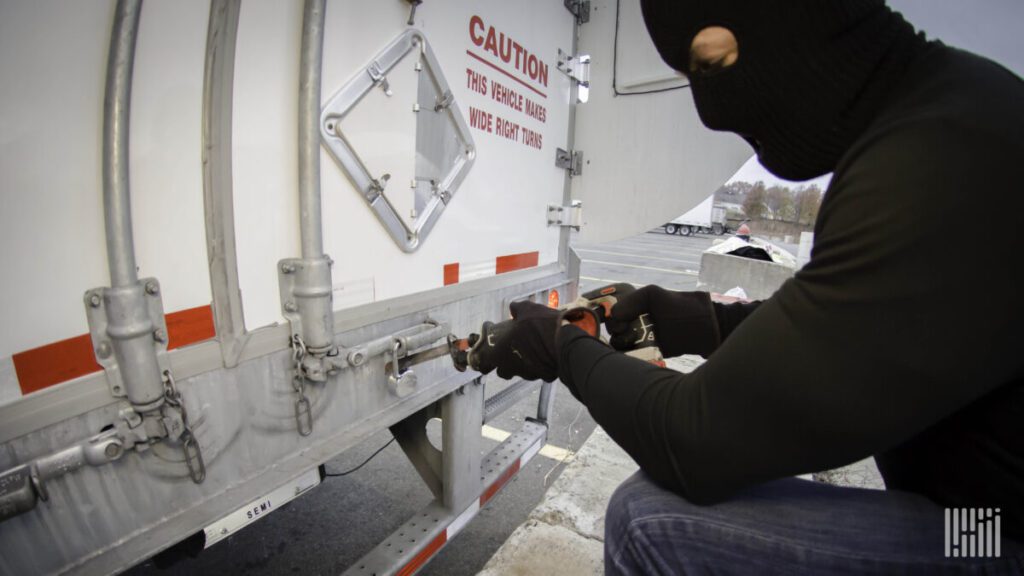January 11, 2024
Addressing Mexico’s Rise in Truck Hijackings

As experts in the logistics industry, we at Reliance Partners have been closely monitoring the concerning rise in truck hijackings in Mexico through our partner company Borderless Coverage. According to a recent article on Freight Waves, there has been an 8% increase in reported hijackings between January and September 2023 compared to the same period in 2022, with a total of 6,030 incidents. This data was revealed by the new Mexican Cargo Hijacking Data Portal, a collaborative effort between Borderless Coverage and Reliance Partners.
This trend is particularly alarming as it indicates a growing risk for shippers, carriers, and drivers. Most of these hijackings are concentrated in areas like Mexico City, Estado de Mexico, Puebla, and Michoacán, making up over 85% of the total incidents. This geographic concentration of hijackings is a crucial piece of information that can guide logistics companies to enhance security measures in these specific regions.
Historically, logistics firms have focused their security efforts near the Mexico-U.S. border. However, with only about 1% of truck hijackings occurring in border states during the first nine months of 2023, it’s evident that companies need to extend their security measures further into Mexico.
At Reliance Partners, we understand the complexities involved in cross-border transportation, particularly when it comes to insurance. Laws, standards, and enforceability can change drastically when crossing borders, and many organizations might not realize they are assuming full responsibility for their cargo once it enters Mexico. We, in collaboration with Borderless Coverage, specialize in creating cross-border insurance plans that protect valuable cargo while maintaining operational flexibility in different environments.
We encourage logistics companies, including brokerages, freight forwarding companies, and carriers, to stay informed and prepared for these risks. For more detailed insights and information on this critical issue, check out the full article on Freight Waves here.